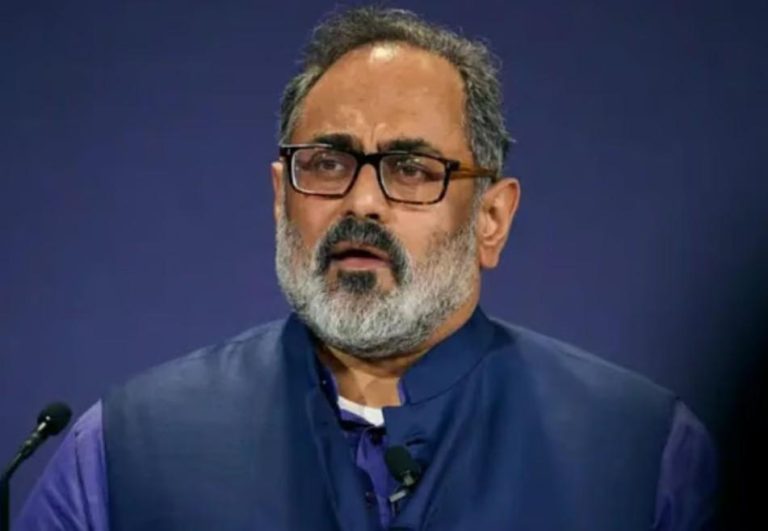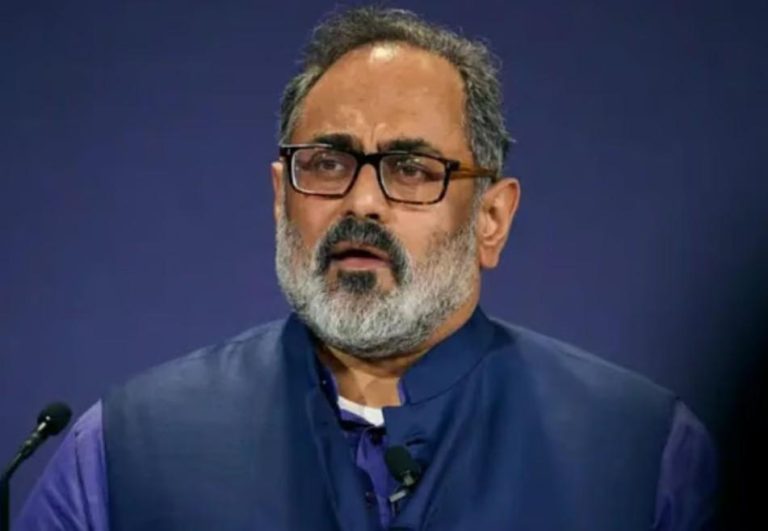
Indian National Jailed for 4 Years in Sri Lanka for Match-Fixing
The world of cricket has long been plagued by the issue of match-fixing, a phenomenon that has led to the downfall of many a talented player and tarnished the reputation of the game. Recently, Sri Lanka has been at the center of a high-profile match-fixing scandal, with an Indian national being sentenced to four years in prison for his involvement in the crime.
Yogi Patel, an Indian national, was found guilty of match-fixing during Sri Lanka’s 2024 Legends League T20 tournament. According to reports, Patel was accused of proposing a fix to a match and was subsequently fined SLR 85 million (approximately USD 450,000) by the Sri Lankan court.
In addition to the fine, Patel was also ordered to pay SLR 2 million (approximately USD 10,000) to Upul Tharanga, the chairman of Sri Lanka selectors, for defamation. This is a significant blow to Patel, not just financially but also in terms of his reputation.
The match-fixing scandal is believed to have been orchestrated by a group of individuals who were seeking to profit from the outcome of the match. Patel, who was a key player in the scheme, was identified as the mastermind behind the fix and was subsequently arrested and charged.
The Sri Lankan court’s decision to sentence Patel to four years in prison sends a strong message that match-fixing will not be tolerated in the country. This is a significant development, as Sri Lanka has been plagued by match-fixing scandals in the past.
In 2018, several Sri Lankan cricketers were banned from the game for their involvement in a match-fixing scandal. The scandal, which involved a number of high-profile players, was uncovered by the Sri Lankan cricket board and led to the ban of several players.
The issue of match-fixing is a complex one, and it is not limited to Sri Lanka or India. Match-fixing has been a problem in cricket for many years, and it has led to the downfall of many a talented player.
The problem of match-fixing is often attributed to the large sums of money that are at stake in professional cricket. Players are often tempted by the lure of big money and are willing to risk their reputation and their career in order to make a quick buck.
In addition, the pressure to perform and the desire to win can also play a role in match-fixing. Players may feel pressure to win at all costs, and may be tempted to fix a match in order to achieve this goal.
The Sri Lankan court’s decision to sentence Patel to four years in prison is a significant step forward in the fight against match-fixing. It sends a strong message that match-fixing will not be tolerated in the country, and it provides a deterrent to others who may be tempted to engage in this illegal activity.
In conclusion, the recent match-fixing scandal in Sri Lanka is a significant development in the world of cricket. The sentencing of Yogi Patel to four years in prison is a strong message that match-fixing will not be tolerated in the country, and it provides a deterrent to others who may be tempted to engage in this illegal activity.
The problem of match-fixing is a complex one, and it will likely continue to plague the world of cricket for many years to come. However, the Sri Lankan court’s decision to sentence Patel to four years in prison is a significant step forward in the fight against match-fixing, and it provides a glimmer of hope that the game can be cleaned up and made more honest.
Source:






